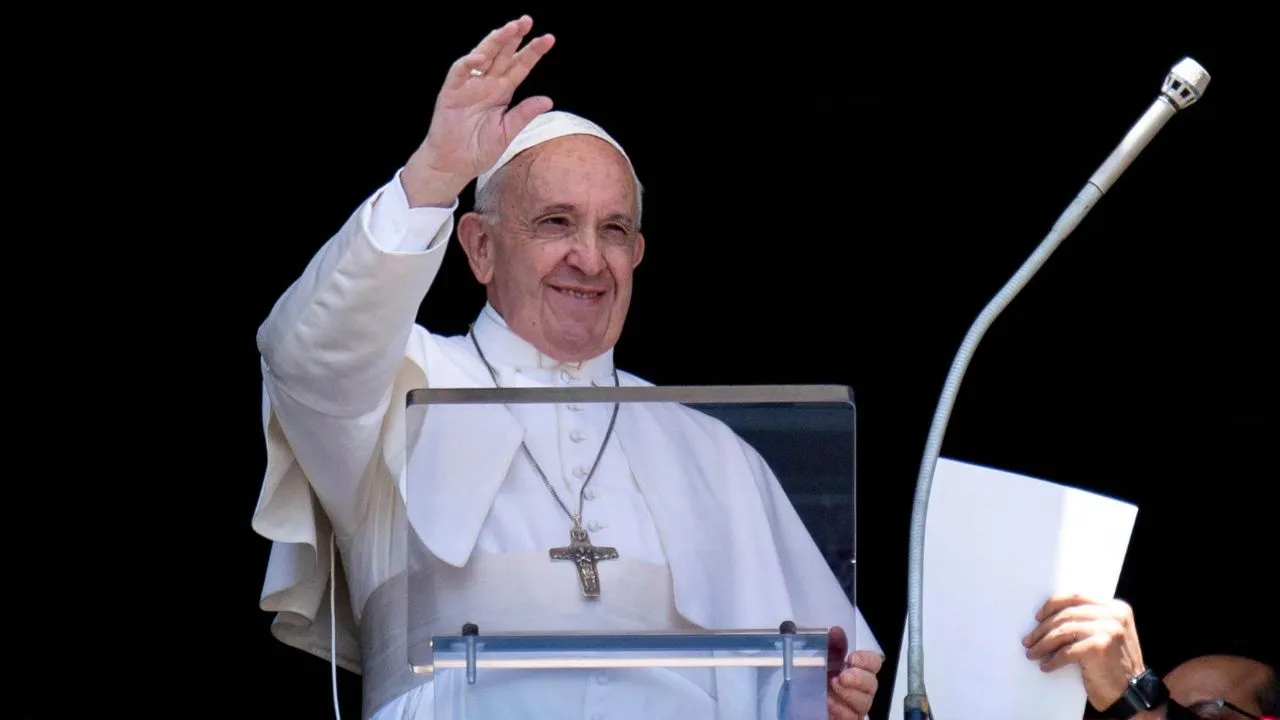- By Shivangi Sharma
- Mon, 24 Feb 2025 04:41 PM (IST)
- Source:JND
With Pope Francis, 88, receiving treatment at Rome’s Gemelli Hospital due to severe breathing difficulties, speculation about the next papal election has intensified. While the Vatican has reassured the public that the Pope’s condition is stable, discussions surrounding a potential conclave have begun.
According to Catholic Church rules, only cardinals under the age of 80 are eligible to vote in the papal conclave. Of the 252 cardinals globally, 138 currently qualify, including four Indian cardinals who will play a crucial role in electing the next pope.
If a conclave is convened, it must begin between 15 and 20 days after the pope’s passing to allow all eligible cardinals to arrive in Vatican City. The cardinals, not exceeding 120 in number, gather in the Sistine Chapel, where they take an oath of secrecy. Any breach results in severe ecclesiastical penalties.
The voting process involves a series of ballots—up to four per day—until a candidate secures a two-thirds majority. After each voting session, the ballots are burned. Chemicals are added to produce black smoke (fumata nera) if the vote is inconclusive or white smoke (fumata bianca) to signal the successful election of a new pope.
Once a candidate is elected and accepts the position, he selects a papal name. The senior cardinal deacon then announces from the balcony of St. Peter’s Basilica: Habemus Papam! (“We have a Pope”), introducing the new pontiff to the world. The newly elected pope then imparts his first blessing, Urbi et Orbi (“To the City and the World”).
The Four Eligible Indian Cardinals
1. Cardinal Filipe Neri Ferrao
Filipe Neri Ferrão serves as the Archbishop of Goa and Daman and the seventh Patriarch of the East Indies. He has been a key advocate for family ministry, interreligious dialogue, and social justice, particularly focusing on issues related to migration and climate change. He was appointed a cardinal priest by Pope Francis on 27 August 2022, with the title of Santa Maria in Via. In February 2024, he was elected President of the Federation of Asian Bishops' Conferences, succeeding Cardinal Charles Maung Bo. Later, on 23 October 2024, he was elected as a member of the Ordinary Council of the General Secretariat of the Synod.
2. Cardinal Cleemis Baselios
Baselios Cleemis, born on 15 June 1959, is the Major Archbishop-Catholicos of the Syro-Malankara Catholic Church. He was appointed a cardinal by Pope Benedict XVI on 24 November 2012, becoming the first cardinal of the Syro-Malankara Church and the youngest member of the College of Cardinals at the time.
On 31 January 2013, he was named a member of the Congregation for the Oriental Churches and the Pontifical Council for Interreligious Dialogue. Cleemis served as President of the Catholic Bishops' Conference of India from 2014 to 2018 and currently leads the Kerala Catholic Bishops' Council. He also participated as a cardinal-elector in the conclave that elected Pope Francis, making history as the first Syro-Malankara cardinal to do so.
3. Cardinal Anthony Poola
Anthony Poola, born on 15 November 1961, is an Indian Catholic prelate serving as the Metropolitan Archbishop of Hyderabad since 2021. Previously, he was the Bishop of Kurnool from 2008 to 2020 and a priest in the Diocese of Cuddapah. On 27 August 2022, Pope Francis elevated him to cardinal, making him the first Dalit and the first Telugu cardinal. He was assigned the title of Santi Protomartiri a Via Aurelia Antica.
4. Cardinal George Jacob Koovakad
George Jacob Koovakad, born on 11 August 1973, is an Indian cardinal of the Syro-Malabar Catholic Church and the prefect of the Dicastery for Interreligious Dialogue. He has worked in the Holy See’s Secretariat of State since 2020, leading the Journeys Office since 2021, organizing Pope Francis’ overseas trips. From 2006 to 2020, he served in the Holy See’s diplomatic service in various countries. Pope Francis appointed him a titular archbishop on 25 October 2024, consecrated him on 24 November, and made him a cardinal on 7 December 2024.
India’s representation in the papal conclave underscores the country’s growing influence within the Roman Catholic Church. These four cardinals bring diverse experiences, ranging from interreligious dialogue and social justice advocacy to high-level Vatican diplomacy. Their participation in electing the next pope will be a historic moment for India’s Catholic community, reflecting its importance in global Christianity.
